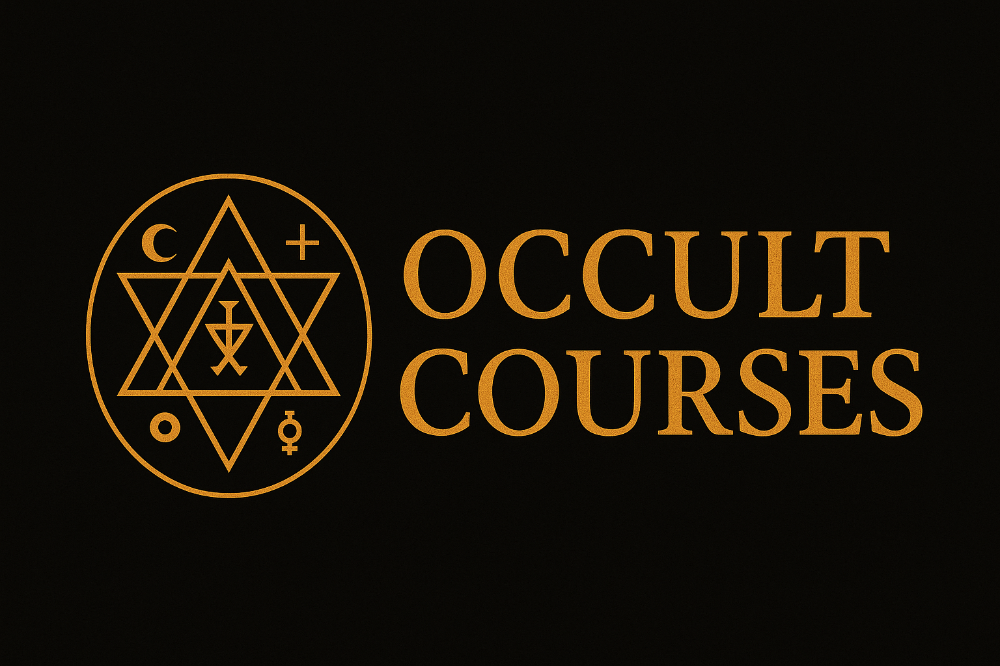Understanding the Absence of the Book of Esther in the Dead Sea Scrolls

The Dead Sea Scrolls, a remarkable collection of ancient manuscripts, have captivated scholars and enthusiasts alike for decades. Among the many texts discovered, one notable absence is the Book of Esther. This odd omission raises questions about the cultural, theological, and historical context of the Qumran community.
The Theological Context
The first theory to consider is the theological differences between the Book of Esther and the texts favored by the Qumran community. The Book of Esther is notably absent of explicit references to God, a characteristic that distinguishes it from all other books in the Hebrew Bible, with the exception of the Song of Songs. For the Essenes, who are often associated with the Qumran community, the absence of God in a purportedly sacred text may have rendered it unsuitable or less authoritative for their spiritual corpus.
The Process of Canonicity
Another factor that could explain the absence of Esther is the complex process of canonicity. T...
Lilith: Unveiling the Night Demon

Lilith’s story is one steeped in mystery and complexity. Often overshadowed by more prominent figures in ancient Jewish stories, she she is a powerful entity that defies categorization.
The Origins of Lilith
Lilith’s origins are uncertain, but she is often considered a primordial being, a demon, or even a goddess. In the Jewish tradition, she is frequently identified as the first wife of Adam, created simultaneously with him. Unlike Eve, who was made from Adam’s rib, Lilith was formed from the same earth as Adam, symbolizing equality. This equality, however, led to her rebellion against Adam’s perceived dominance.
In many interpretations, Lilith embodies the essence of femininity that refuses to be subjugated. Her departure from the Garden of Eden marks a critical moment in history, as she chose autonomy over submission. This aspect of her character resonates with modern feminist ideals, positioning her as a figure of empowerment.
Lilith in the Book of Isaiah
The first explicit me...
Moloch: The Ancient God of Sacrifice? Or Is That a Myth?

Moloch: The Ancient God of Sacrifice? Or Is That a Myth?
Moloch was an ancient god worshipped by the Canaanites and Phoenicians. The worship of Moloch involved child offerings but NOT sacrifices. These offers were believed to appease the god and ensure his favor. However, this practice was condemned in the Bible and was a major reason for God's judgment on the nations that worshipped Moloch.
The biblical tradition portrays Moloch as a god of death and destruction. The worship of Moloch was so abhorrent in the eyes of God. In later Jewish tradition, Moloch was associated with the demonic figure of Molech or Milcom, who was considered one of the princes of hell. However, this is not true at all and, in fact, a misinterpretation of Biblical sources. I cover this in my book:
Uncovering the Truth About Moloch: Separating Fact from Fiction
Origins of Moloch Worship
Moloch was a Canaanite god who was also worshipped by the Phoenicians, Ammonites, and other ancient peoples. The name "...

